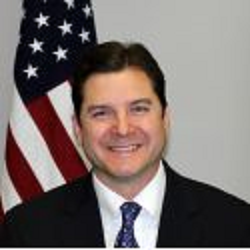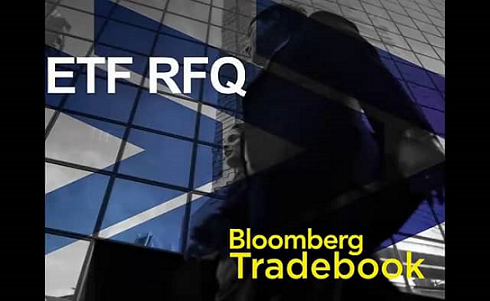High-Touch or High-Tech? That is The Question.. Virtually any industry professional will acknowledge the now two-decade evolution of financial markets whereby the electronification of equity, options, currency and even fixed income markets has been the primary catapult for business models wrapped in high-tech trading services, trading software applications and niche offerings advanced by trade execution providers throughout the global financial markets. As a consequence, “button-pushing” has displaced a myriad of traditional “high-touch” broker-dealers whose value-add had been completely dependent on human capital; professional traders who are experts at navigating markets and skilled at sourcing liquidity via networks of embedded relationships throughout the trading market ecosystem. One need only count the number of sell-side traders who have been “put out to the dinosaur pasture” to appreciate the impact of ‘progress.’ But, any industry trading technology wonk who insists they can hear the fat lady singing “the last nail is about to be placed in the coffin of high-touch trade execution”, a recent survey conducted by Consultancy Aite Groupe suggests that a significant number of buy-side managers greatly prefer high-touch to high-tech. Aite’s study is based on an online survey of 42 buyside firms throughout the second half of last year, with the majority of firms managing assets of more than $50bn.
Below excerpt from latest MarketsMedia.com story “High-Touch Hangs On in Equities” by Shanny Basar frames the story..
Fund managers still prefer high-touch, rather than electronic execution for more than a third of US cash equities and non-US cash equities according to new research.
Consultancy Aite Group said in a report Buy-Side Front-Office Trends: The ABCs of Trading Behavior that it is “mildly surprising” that high-touch execution styles are still preferred by investors for as much as 38% of US cash equities and 41% of non-US cash despite equities having the longest history of electronic trading and the earliest adoption of algorithms.
High-touch typically involves agency execution with discretion, principal/capital commitment and investors requesting a direct quote over the phone from a sales trader or passing an agency order for them to work.
“This may partially be explained by the increasing complexity associated with market fragmentation in the US equities market and the proliferation of dark pools and exchanges, all competing for order flow,” added Aite. “Average trade sizes have shrunk to less than 200 shares per trade, typically a small fraction of total order size. And at the same time, there continues to be challenges with sourcing liquidity for mid- and small-cap stocks.”
“As a result, sales traders remain relevant in assisting with trade facilitation and intermediating an agency block trade between two buyside customers with opposite sides of an equities trade.”
Sales traders are also sometimes asked to intervene in algorithmic orders, although intervention or suspension are both very rare. For example, human intervention may be required if intraday market conditions, such as extreme volatility, affect an algorithm’s performance.
However, the study also found that electronic trading continues to gain its footing across all asset classes at a steady pace across the globe. Therefore investors investors need to continue in invest in upgrading technology to find new sources of alpha, comply with new regulations, cut costs and increase efficiency. “The days of phone-based or plain vanilla chat-enabled trading are numbered,” added Aite.

However many broker-dealers have failed to keep up and have since gone the way of the Ford Pinto, there is a cadre of always-forward-thinking sell-side desks who refrained from making “all-in high tech” bets, and instead, embraced the proposition of combining the best of both high-touch and high-tech applications. According to Matt Villarreal, the head of global equities for agency-execution firm and boutique broker-dealer Mischler Financial Group, “Most thoughtful fund managers understand that risk-reward analysis applies not only to the underlying investment style or strategy, but also when mapping out execution strategies, and whenever “best execution” is a component that has to be weighed.” Added Villarreal, “Because “best execution” has become a ubiquitous phrase, every manager has their own opinion as to the meaning, often boiling down to “the right price at the right time when considering all of the factors.” The institutional managers we work with truly embrace the value of our combining bespoke, high-touch capabilities that extend across US domestic as well as international stocks, with best-in-class trading technologies in order to achieve their view of true best execution.”
To continue reading the entire story from MarketsMedia.com, click here Continue reading



